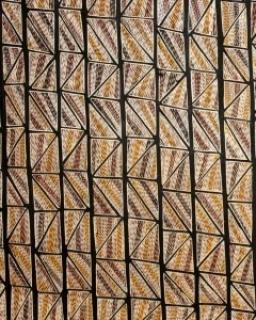
Abstract
There is a high prevalence of disengagement from the labour market among prime-age Indigenous Australians (aged 25–54 years). People in this demographic group are at their most productive in terms of working lives. They have generally finished their schooling and are well before their retirement, and their absence from the labour market has important implications. However, little is known about the underlying factors influencing their decision to participate or not in the mainstream labour market. Drawing on data from a relatively recent nationally representative survey, this study finds that disability, education and history of incarceration are the three most important driving factors for both male and female labour force participation. Education and incarceration experiences have greater associations with female labour force participation, whereas disability has a greater association with male labour force participation. We also find that the factors affecting the labour force participation of people in their prime-working lives are largely different from those affecting the labour force participation of people entering the labour market (aged 15–24 years) and those approaching retirement (aged 55–64 years).
Keywords: Indigenous, prime-age, labour force, Australia
DOI or Web link
http://hdl.handle.net/1885/183382File attachments
| Attachment | Size |
|---|---|
| CAEPR_WP_131_2019_Dinku_Hunt_0.pdf(1.53 MB) | 1.53 MB |